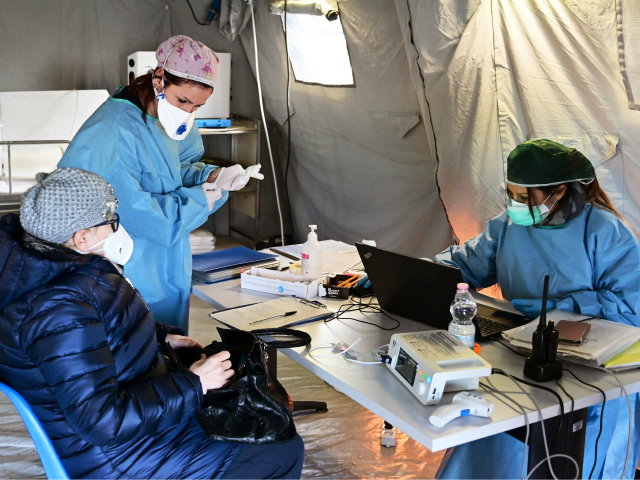Doctor-Patient Relationship

I spoke to a resident physician in Interior Medication at a teaching hospital and asked if he would certainly be interested in becoming my medical care physician (PCP). My note briefly explained my history in health and wellness results research as well as 2 of my prescription medicines. He composed back that he would certainly be recognized to be my PCP, as well as encountered as professional, humble, and sincere.
A new doctor-patient partnership was developed, and also I called my existing doctor’s office to arrange for my medical records to be transferred, which immediately notified that workplace that I need to be disgruntled and going to a brand-new medical professional. I likewise showed to the resident doctor confidential information from my medical records and a duplicate of one of my expert discussions at a health care meeting.
A division administrator after that called me to claim the resident physicians are not readily available each day of the week for facility as well as are not also right here when they do their ICU rotation. Likewise, the Internal Medicine division protocol would certainly not enable the resident doctor to compose me a medication prescription for off tag usage.
Finally, she was concerned that in the past I have actually bought and also appropriately analyzed my own blood examinations. The administrator’s attitude reflects one of the principal complaints Americans have with the health care system: the system is coming with them and also requiring them to get health services in some predefined structure to which the facility is accustomed but which get rid of any type of potential for individualized treatment according to specific people’ demands.

Evidently the administrator did not spend enough “careful consideration” to obtain her facts directly. I do not need to see my PCP everyday or perhaps monthly. My record reveals I saw my existing doctor when in a calendar year, as well as the prior physician prior to him I saw once in a 15-month period. So the administrator based her choice on her own ignorance of the realities.
She likewise misstated truths worrying off-label prescriptions for medicines by resident doctors. Among the medicines we are discussing is Clomiphene. Both a resident physician and an attending professors physician at the teaching hospital advised me that they would be willing to create me (off-label) prescriptions for this medication, as well as the participating in medical professional did undoubtedly phone in a prescription for among the drugs at my request. Similarly, the Dept. of Obstetrics as well as Gynecology (OB-GYN) recommended me that their doctors, both resident and also attending, have suggested Clomiphene to individuals.
Consequently, homeowners in Family Medicine as well as OB-GYN (both health care divisions) can write prescriptions for Clomiphene, however “protocol” stops homeowners in Inner Medicine (likewise primary care) from creating off-label prescriptions. What type of a cockamamie guideline is that? What, the locals in Inner Medicine are too dumb or as well naive to comprehend off-label advantages of medicines?
Finally, I had actually planned for my resident PCP to order and translate blood examinations each time I saw him. The manager can have discovered that fact if she had bothered to call or compose me before jumping to final thoughts about bestfakedoctorsnotes.net as well as interfering in my doctor-patient partnership.
I strongly reject the Director’s paternalistic view of medicine in which she feels she has to protect resident physicians from clients that order or interpret their own blood examinations. These resident physicians are young professionals who have actually completed their medical degrees; they don’t need paternalistic oversight from a division administrator telling them that they can and can not invite to be individuals.
Apparently, an overwhelming variety of clients that see this teaching hospital’s medical professionals wish to be informed what to do as well as how to feel. I am the exact reverse; I take personal responsibility for and also handle my own health and wellness, which is highly supported under health care reform.
Having a much more equivalent, collective partnership with my PCP works for me, and that appears to be the true factor for the manager’s interference. Studies reveal that medical negligence prices drop with a non-paternalistic model of health care solutions. That of reducing lawsuits threats is pressing more healthcare systems throughout the nation to migrate to a non-paternalistic design.


 SEO for E-Commerce Platforms
SEO for E-Commerce Platforms  Air Conditioning Repairs You Should Know About
Air Conditioning Repairs You Should Know About  Sea Moss into Your Daily Meals
Sea Moss into Your Daily Meals  Data Storage for Personalized Medicine
Data Storage for Personalized Medicine  Tips for Maintaining Your Plumbing System
Tips for Maintaining Your Plumbing System  CBD in Managing Arthritis Symptoms
CBD in Managing Arthritis Symptoms